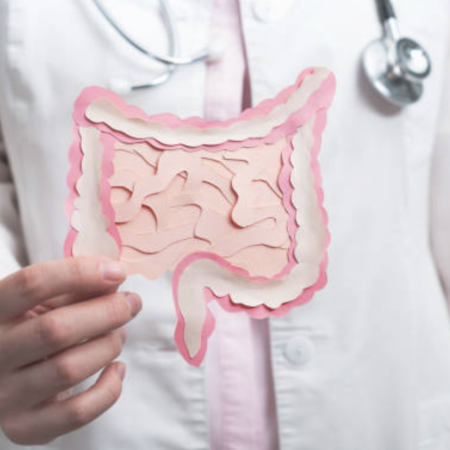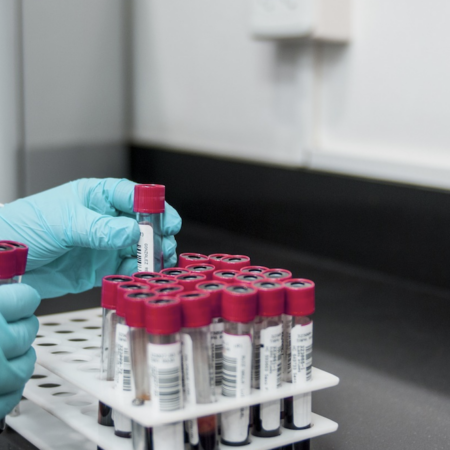Gut Testing in Cape Girardeau MO
At Dawn of Life Aesthetics & Wellness Med Spa in Cape Girardeau MO, we offer Gut testing, a valuable tool for diagnosing and managing a wide range of digestive and systemic health issues. By providing detailed information about the gut’s health and function, these tests help guide effective treatment strategies and improve overall well-being.


What is Gut Testing?
Gut testing refers to a range of diagnostic tests designed to evaluate the health and function of the gastrointestinal (GI) tract, including the stomach, intestines, and overall gut microbiome. These tests can provide insights into digestive health, detect imbalances, and help diagnose conditions related to gut function.
Types of Gut Testing
- Stool Testing:
- Comprehensive Stool Analysis: Assesses the presence of various markers in the stool, including digestive enzymes, bacteria, yeast, and parasites. It can also evaluate gut inflammation and gut permeability.
- Microscopic Examination: Identifies parasites, pathogens, or abnormal cells in stool samples.
- Fecal Occult Blood Test (FOBT): Detects hidden blood in the stool, which can be a sign of conditions such as colorectal cancer or gastrointestinal bleeding.
- Breath Testing:
- Lactose Intolerance Test: Measures hydrogen levels in the breath after consuming a lactose-containing beverage. Elevated hydrogen indicates lactose malabsorption.
- Small Intestinal Bacterial Overgrowth (SIBO) Test: Measures hydrogen and methane levels in the breath after consuming a sugar solution. Elevated levels suggest an overgrowth of bacteria in the small intestine.
- Fructose Intolerance Test: Evaluates hydrogen levels in the breath after ingesting fructose. High levels can indicate fructose malabsorption.
- Endoscopy and Colonoscopy:
- Gastroscopy (Upper Endoscopy): Involves inserting a flexible tube with a camera through the mouth to examine the upper GI tract, including the esophagus, stomach, and duodenum.
- Colonoscopy: Uses a flexible tube with a camera inserted through the rectum to view the entire colon and rectum, helping to diagnose conditions such as inflammatory bowel disease (IBD), polyps, or cancer.
- Gut Microbiome Testing:
- Microbiome Sequencing: Analyzes the composition and diversity of the gut microbiota by sequencing the DNA of microorganisms present in a stool sample. This can provide insights into the balance of beneficial and harmful bacteria.
- Gastric Emptying Studies:
- Scintigraphy: Uses a small amount of radioactive material to track the movement of food through the stomach and intestines, helping diagnose delayed gastric emptying or gastroparesis.
- Gut Permeability Testing:
- Lactulose-Mannitol Test: Measures the absorption of lactulose and mannitol sugars in the urine to assess gut permeability and determine if the gut lining is compromised.
How It Works
- Sample Collection: Depending on the type of test, samples may be collected from stool, breath, or through invasive procedures such as endoscopy.
- Analysis: The samples are analyzed using various techniques:
- Stool Tests: Look for specific markers or pathogens.
- Breath Tests: Measure gases like hydrogen or methane produced by microbial activity in the gut.
- Endoscopy/Colonoscopy: Directly visualize the GI tract and obtain biopsies if needed.
- Microbiome Sequencing: Analyze the genetic material of gut bacteria to assess microbiome composition.
- Result Interpretation: Results are evaluated by healthcare professionals to diagnose conditions, identify imbalances, or assess overall gut health.
Benefits of Gut Testing
- Diagnosis of GI Conditions: Helps diagnose conditions such as irritable bowel syndrome (IBS), inflammatory bowel disease (IBD), celiac disease, and infections.
- Detection of Imbalances: Identifies imbalances in gut microbiota, such as dysbiosis (an imbalance in gut bacteria) or small intestinal bacterial overgrowth (SIBO), which can contribute to digestive symptoms and other health issues.
- Personalized Treatment: Provides information for creating personalized treatment plans, including dietary changes, probiotics, or other interventions to address specific gut health issues.
- Insight into Digestive Health: Offers valuable insights into how well the digestive system is functioning, including nutrient absorption, gut inflammation, and gut permeability.
- Identification of Food Intolerances: Breath tests can diagnose intolerances to specific foods, such as lactose or fructose, helping individuals manage their diets more effectively.
- Monitoring and Prevention: Assists in monitoring chronic conditions and detecting potential issues early, which can help prevent complications and improve long-term health outcomes.
Considerations
- Preparation: Some gut tests require specific preparations, such as fasting or dietary restrictions, to ensure accurate results.
- Invasiveness: Procedures like endoscopy and colonoscopy involve some discomfort and require sedation or anesthesia. They also carry risks such as bleeding or infection.
- Cost: Some gut tests, especially advanced or specialized ones, can be costly and may not be covered by insurance. It’s important to check coverage and discuss options with your healthcare provider.
- Result Interpretation: Test results should be interpreted by a healthcare professional who can provide context and recommend appropriate follow-up or treatment.
Gut testing is a valuable tool for diagnosing and managing a wide range of digestive and systemic health issues. By providing detailed information about the gut’s health and function, these tests help guide effective treatment strategies and improve overall well-being.
Book your consultation today
Other Services we offer
Aesthetics Services
Facials
Treatment Based Facials
Microneedling
Laser Hair Removal
Waxing
Glo2Facial
Lashes & Brows
Weight Loss Services
GLP-1
Medical Weight Loss
Semaglutide
Tirzepatide
Body Contouring
Functional Medicine Services
Blood Testing
Gut Testing
Food Sensitivity Testing
Hormone Testing
Lymphatic Therapy
Pelvic Floor Therapy
Red Light Therapy
